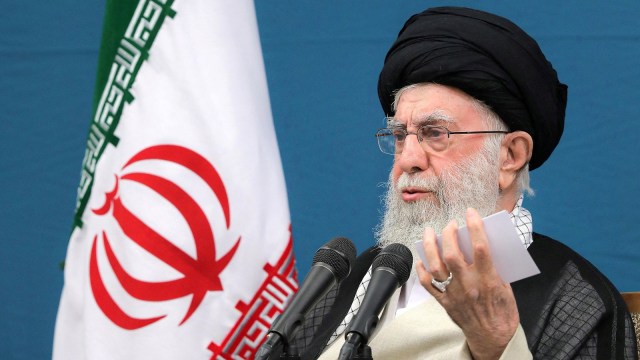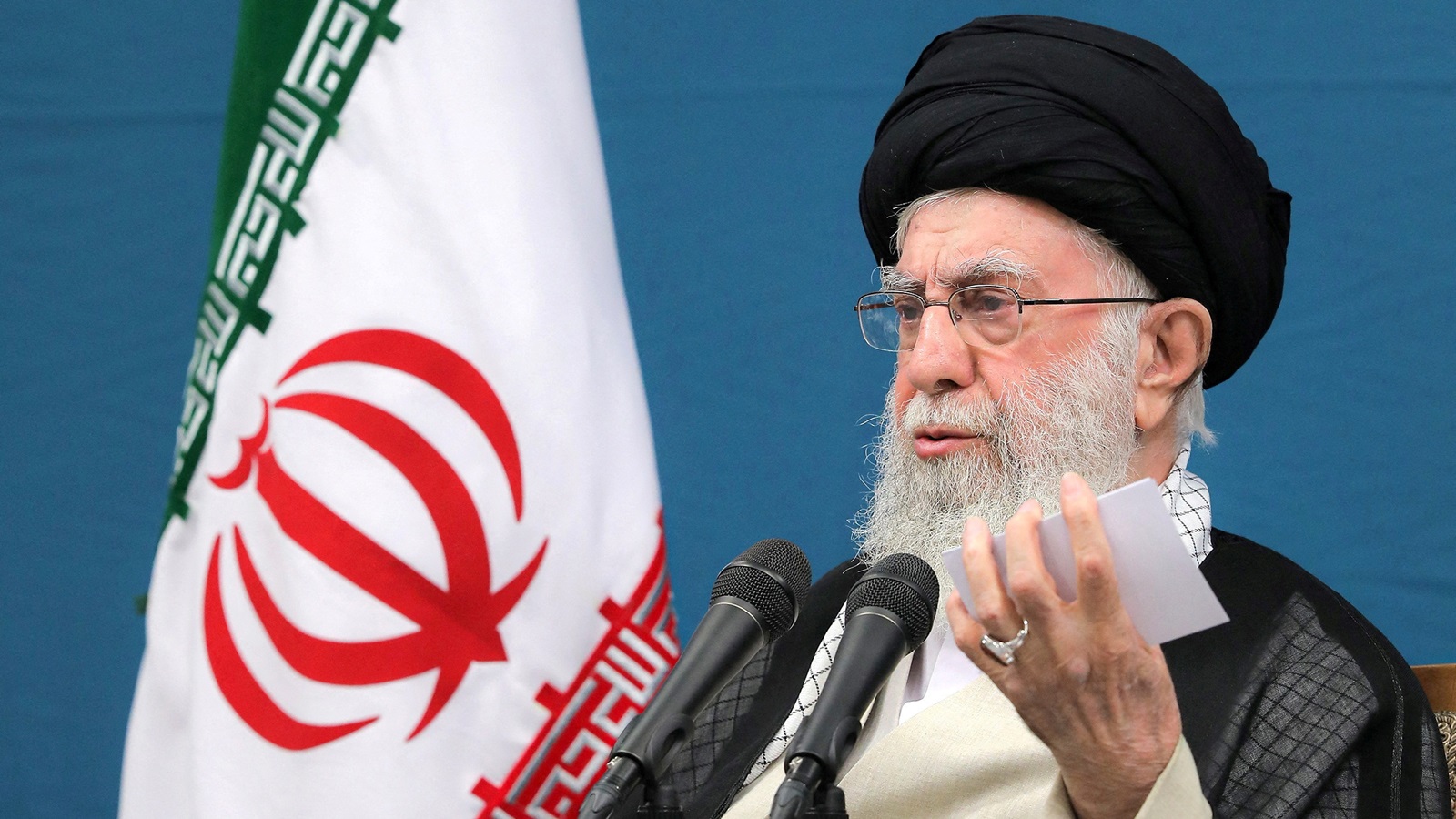
On the occasion of the Prophet’s birthday on September 16, Iran’s Supreme Leader Ayatollah Khamenei added a new criterion for being a “true Muslim”. He declared that to be so, one cannot ignore the suffering of the Muslims in Gaza, Myanmar and India. The broad brushing and bucketing of historical realities has created a diplomatic furore.
There is a tendency among leaders of Muslim nations to speak on behalf of 1.9 billion Muslims even though there is no equivalent office to the Pope in Islam. In the heyday of Islamic civilisation, the Khalifa had de facto and in some cases de jure leadership of the Ummah. With a decline in its power, the office was up for grabs leading to multiple Caliphates simultaneously. The legitimacy associated with the title can be gauged by the fact that even the kings of Bornu and Sokoto, which were kingdoms in what is now Nigeria, were parallel Caliphs for a few centuries. Post the abolition of the official Caliphate in 1924, regional Islamic leaders have wanted to fill the vacuum. Khamenei’s statement should be analysed against this backdrop. His endeavour to lay markers for Muslims worldwide lacks as much mandate as other self-styled Caliphs of al-Qaeda and Islamic State.
The statement is of concern to New Delhi on a few counts. Uncalled-for comments related to Kashmir on the international stage are a zero-tolerance zone. Comparing the lot of Indian Muslims with the state-sponsored extermination of Rohingyas and the existential threat of Palestinians called for a serious riposte, which was urgently and duly provided by the Ministry of External Affairs.
Iran, a reactionary state that isn’t willing to provide freedom of expression, culture and dress to its majority citizens, has no business talking about the plight of minorities elsewhere. The statement also doesn’t specify if Muslims should be perturbed by the plight of Armenians in Azerbaijan or even the persecution of Muslims of non-dominant creeds and ethnicities in Muslim countries of which there are too many to name here.
Since we are on the topic of the treatment of minorities, let us have a look at the practice of Gozinesh, which has a legal sanction in Iran. Gozinesh (literally, selection) is a biased screening process that impacts liberties and access to employment and education of unrecognised minorities. The official position of the Iranian government is that the laws and liberties are equal for all officially recognised religions. That leaves a bunch of religious and ethnic groups like Bahai, Azeri, etc, outside the framework and subjects them to institutional discrimination through the Gozinesh law passed in 1985. So much for the spokesman of suffering minorities all over the world.
I do not intend to deflect or belittle the hardship of the people undergoing discrimination anywhere in the world on the grounds of identity. However, we must make a distinction between constitutionally-sanctioned discrimination, state-sponsored discrimination and majority-led discrimination. One can reasonably argue that it doesn’t make any difference to the discriminated — but, undoubtedly there is a question of degree the of the travesties.
In the last few decades, there has been a gradual decline in the liberties enjoyed by minorities across the world. In relative terms, Indian Muslims were better off compared to the experiences of minorities elsewhere in the world 20 years ago. As of date, Indian Muslims are still better off compared to the experiences of minorities elsewhere. However, when the bar is freedom enjoyed by Muslims in India a few decades ago, there is a marked decline which needs to be reversed, not only for the sake of Indian Muslims but for the progressive and inclusive values the country is identified with.
There is a diplomatic reality beyond the exchange of statements and responses. Managing diplomatic ties was relatively easier in a bipolar world. Indian diplomacy in the last few years has transcended multi-polarity and is heavily matrixed. There is an attempt to achieve de-hyphenated engagement with what seem like mutually incompatible countries. India seems to have strengthened its relationship with a potential landmine troika of US-Israel-Iran and is on good terms with Russia as well as Ukraine. Imagine the complications in investing in Chabahar port, buying oil from Russia and deepening the relationships with the US and Israel — all at the same time. Ill-conceived statements like the one made by Khamenei can be damaging to this fragile equilibrium.
The writer is based out of Hyderabad and writes on socio-political affairs



